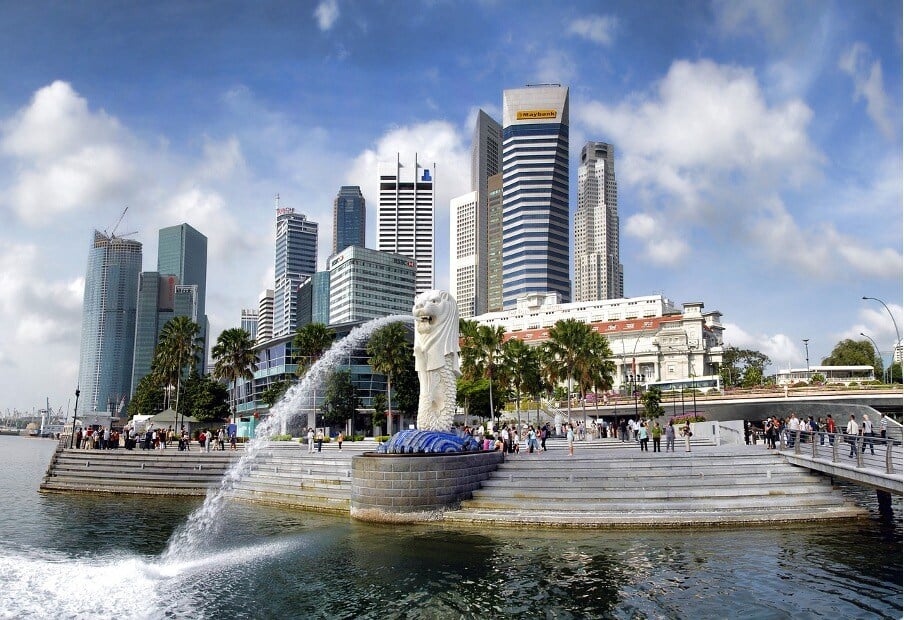
Below is a quick guide on how to survive and thrive in the business arena in Singapore:
1. Secure the Right Visa and Legal Permits
One of the first steps for foreign entrepreneurs is to obtain the correct visa and permits to legally establish a business. For non-residents, a residency visa for new business registration in Singapore is often necessary to ensure you can legally live and operate a business in the country. Options such as the EntrePass, designed specifically for foreign entrepreneurs looking to start a business, allow residency and operational permits in Singapore. Consulting with an immigration professional can help determine the most suitable visa based on your business goals and residency requirements.
2. Choose the Right Business Structure
Selecting the right business structure is of great significance because it governs the taxes, degrees of legal liability, and business flexibility. The primary business structures in Singapore include:
Sole Proprietorship: Meets everyone who wants to control every process of their business inputs but at the same time they don’t want to be responsible for any losses beyond business assets.
Partnership: Like any other form of business entity, it’s suitable for two or more owners but the owners are legally liable for any arising loss.
Private Limited Company: Offers some level of liability together with its taxation as a corporation which is ideal for companies that have expansion as their strategic objectives.
Due to these reasons, most of them prefer the Private Limited Company because of its seriousness and tax issues. To establish a Private Limited Company in Singapore, one has to complete an online registration process accompanied by relatively low costs.
3. Understand Local Tax Incentives and Compliance Requirements
When it comes to tax systems the Republic of Singapore is one of the most friendly destinations with a corporate tax rate of 17%. On the same note, the new entities are also able to take advantage of the startup tax exemptions regarding tax income expended in the initial years of business. Singapore’s Goods and Services Tax (GST) is also low at 8%. Nevertheless, it is always mandatory to be legal in the manner of filing your returns particularly annual tax returns as well as other employment taxes if any. Organizing your accountancy with a local accountant or financial advisor means that any company is going to be maximizing its claims to these incentives while remaining wholly legal and in compliance with local laws.
4. Register for a Business Bank Account
A business bank account is vital for managing your financial transactions, handling employee payments, and keeping business funds separate from personal finances. Singapore has many reputable banks, both local and international, offering various account options tailored for startups and established companies. Business accounts also often come with additional benefits like credit lines, transaction tracking, and mobile banking features. Be sure to compare bank fees, available services, and customer support options before making a decision.
5. Build a Network and Utilize Local Resources
Singapore is an active economy with many business connection points for creating a new business. Trade bodies, quasi-official organizations, and start-up support centers give out advice, support, and access to funding that can be highly beneficial for new enterprises. It is recommended that the new entrepreneur join or affiliate with the Action Community for Entrepreneurship (ACE) or Enterprise Singapore which offers various resources, funding guidance, and resources to connect with other like-minded others. Developing the right relationships can enable you to gain knowledge on the various developments that are occurring in your field, legal reformations, and any other important knowledge to enable your business to thrive.
Conclusion
It is advisable to open a business in Singapore since it is one of the best places to do business provided the individual or a company embarks on doing so, with adequate consideration of the environment. I have engaged in company formation from getting the right visa permits, and business name up to selecting the appropriate business structure as each factor defines the foundation. Understanding the tax favors of the local culture, operating an independent business current account, and leveraging on the entrepreneurial market in Singapore will put you and your business in one of the most business-friendly environments in the world. By observing these tips, you will be able to handle the early stages and make your business ready for future progress.







